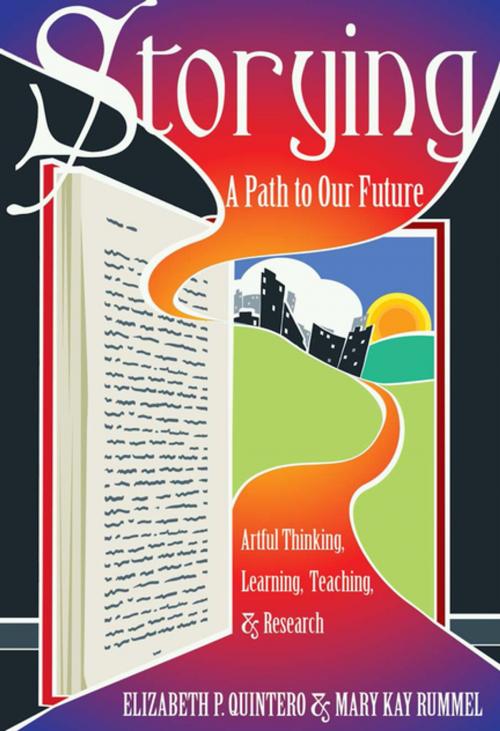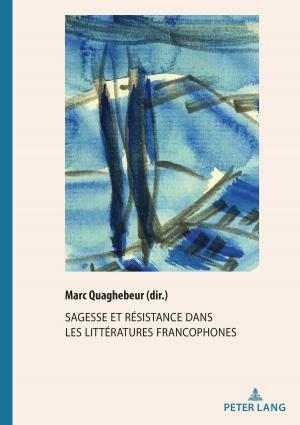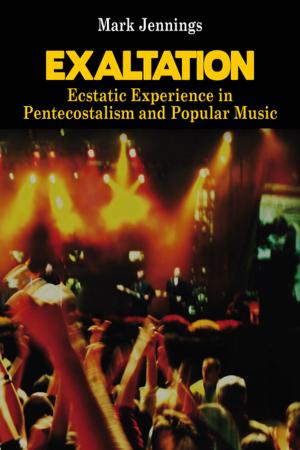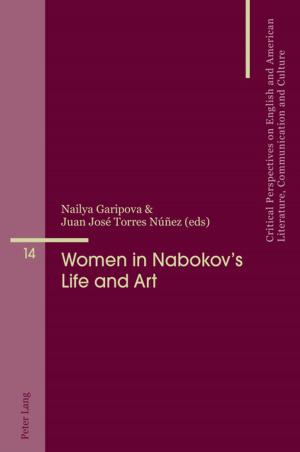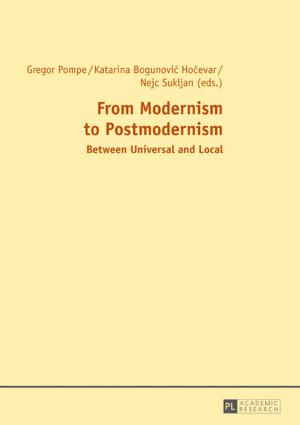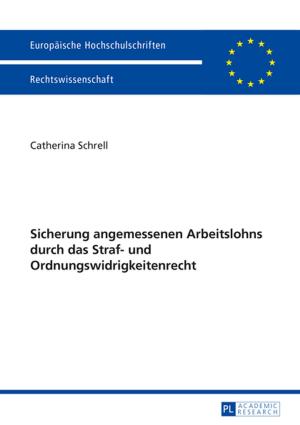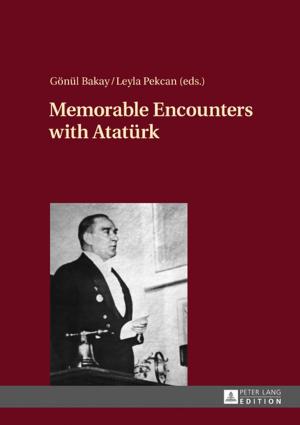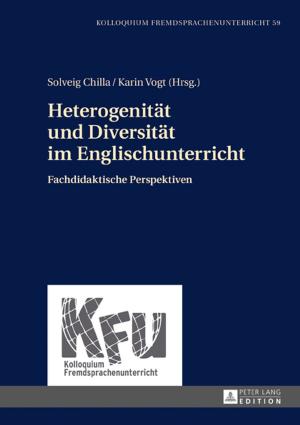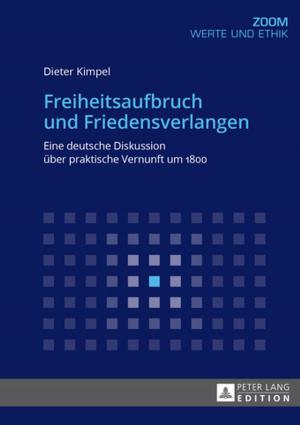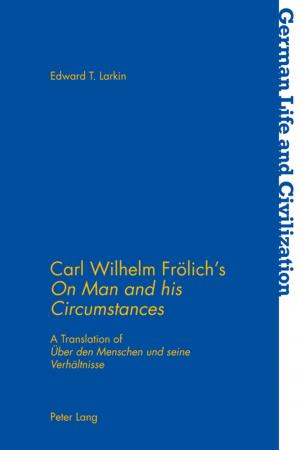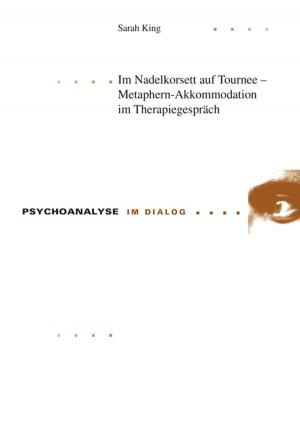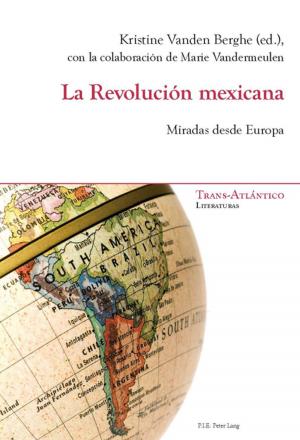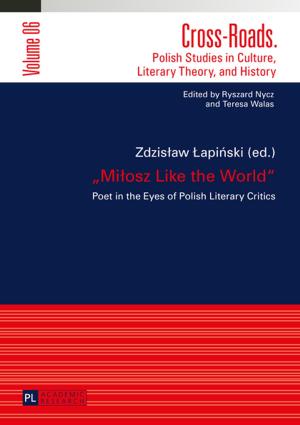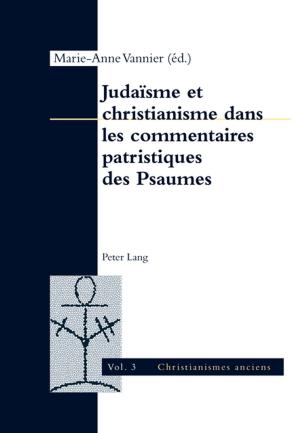Storying
A Path to Our Future: Artful Thinking, Learning, Teaching, and Research
Nonfiction, Reference & Language, Education & Teaching, Educational Theory, Adult & Continuing Education, Teaching, Teaching Methods| Author: | Mary Kay Rummel, Elizabeth P. Quintero | ISBN: | 9781454195801 |
| Publisher: | Peter Lang | Publication: | March 1, 2014 |
| Imprint: | Peter Lang Inc., International Academic Publishers | Language: | English |
| Author: | Mary Kay Rummel, Elizabeth P. Quintero |
| ISBN: | 9781454195801 |
| Publisher: | Peter Lang |
| Publication: | March 1, 2014 |
| Imprint: | Peter Lang Inc., International Academic Publishers |
| Language: | English |
This is a book about story, the human experience, teaching and learning, creativity and community. Story is so much more than decoding text and writing using academic language. It also includes literature and all forms of the arts; digital forms of story, from social media to documentation of history; and new forms of multilayered, multigenre research. Story is the backbone and the catalyst for personal connections, appropriation of knowledge, and synergy of knowledge for global citizens. Critical qualitative research is the methodology by which to document and analyze what is really going on in the complex, multidirectional interactions. The authors maintain that story in a broad and newly enlightened sense may help us to break out from the narrow concepts of literacy, content knowledge related to measureable standards, and random facts that are unrelated to dispositions for addressing human needs. Literacy as a conceptual synthesis of knowledge, skills, and dispositions has been giving us glimpses of synergistic ways to approach learning and teaching.
This is a book about story, the human experience, teaching and learning, creativity and community. Story is so much more than decoding text and writing using academic language. It also includes literature and all forms of the arts; digital forms of story, from social media to documentation of history; and new forms of multilayered, multigenre research. Story is the backbone and the catalyst for personal connections, appropriation of knowledge, and synergy of knowledge for global citizens. Critical qualitative research is the methodology by which to document and analyze what is really going on in the complex, multidirectional interactions. The authors maintain that story in a broad and newly enlightened sense may help us to break out from the narrow concepts of literacy, content knowledge related to measureable standards, and random facts that are unrelated to dispositions for addressing human needs. Literacy as a conceptual synthesis of knowledge, skills, and dispositions has been giving us glimpses of synergistic ways to approach learning and teaching.
